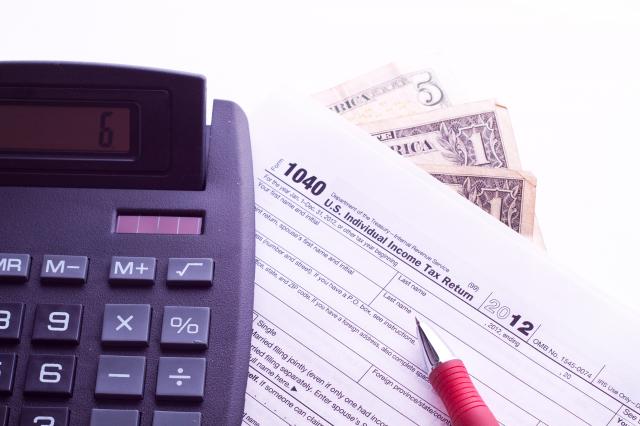When it comes to filing your taxes as a self-employed person, there’s a lot of confusion and anxiety about the process. We don’t want to try to write off too much stuff, and we’re afraid about the possibility of getting audited (whether or not there’s actually a problem with what we declared). At the end of the day, the best thing to do is keep track of your expenses and write off only that which is appropriate. But not everybody understands what those things are. While this won’t be an exhaustive review, we’ll cover some of the issues that people commonly have trouble with.
1) Your Home Office. If you have a space in your home where you work every day, you can write it off on your taxes. Then again, if you use it for other purposes, you’re not really supposed to. This brings us to a grey area. What if you use the spare bedroom as an office, but twice a year you pull out a cot and let Aunt Dorcas crash for a couple of days? Does this negate your home office tax opportunity? In reality, the IRS doesn’t keep a camera in your home office to track its use. If a portion of your house really does represent a place for business, and this is its primary use 85% of the time, you’re probably fine. The more you get into taxes, you realize it’s not an exact science, but one in which you try to be as close to the mark as possible.
2) Supplies. This is one you should definitely write off, including all of those pens, binders, and magazine racks. But do you have your receipts? If you aren’t a receipt-keeper, start this year. Have a little binder (or email folder for digital receipts) in which you keep a copy of every relevant receipt you get next year. On the back of your receipts, write a little explanation of what the purchase was for. When it comes time to do your taxes, add up the totals. In the very unlikely event that you are audited, these receipts will be your defense.
3) Audits. How common are audits, really? For people who make less than $100k per year (including most self-employed people), the risk of audit is very low, probably less than 1%. The IRS’s audit department is currently at 1970’s levels, after an auditing scandal caused them to tread lightly when it comes to auditing everyday people. This is not to say that you should lie on your taxes or try to sneak through questionable write-offs. But it is unlikely that you will be audited, unless you make declarations that don’t make sense. Do your best – if possible work with a professional – and you’ll probably be fine.
It’s tough to do your taxes. No matter who you are, it always seems like something isn’t quite right. But never fear, as with a little recordkeeping and some patience you should be just fine. We hope that you get a great return this year!
Find a Home-Based Business to Start-Up >>> Hundreds of Business Listings.














































